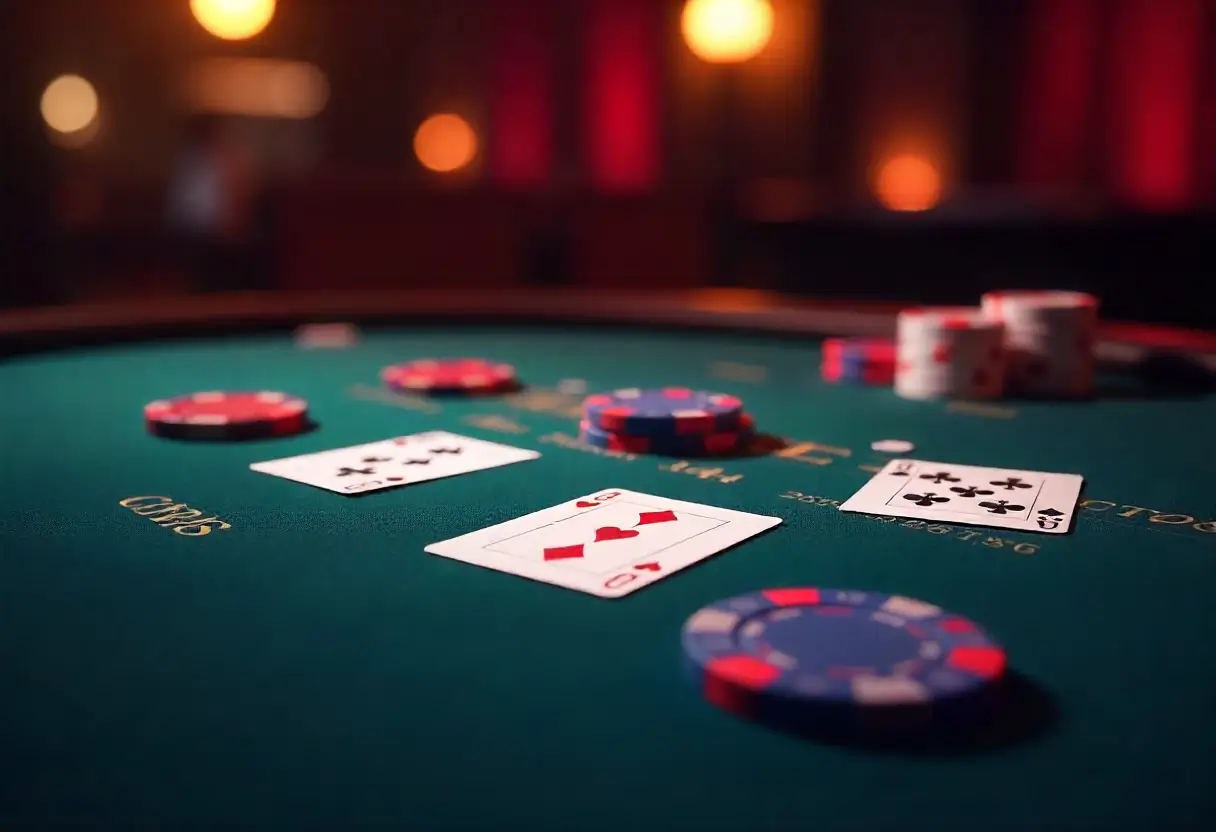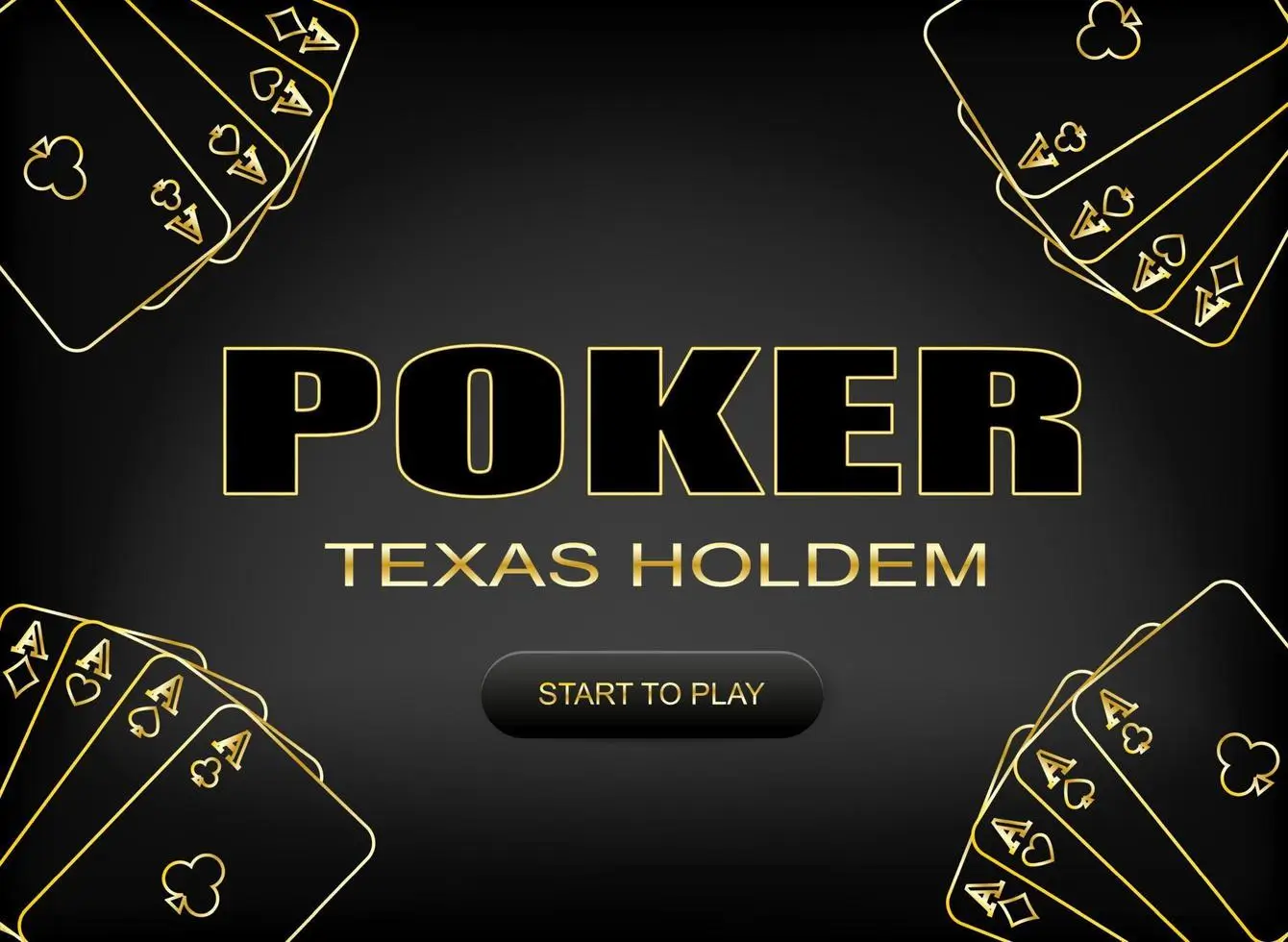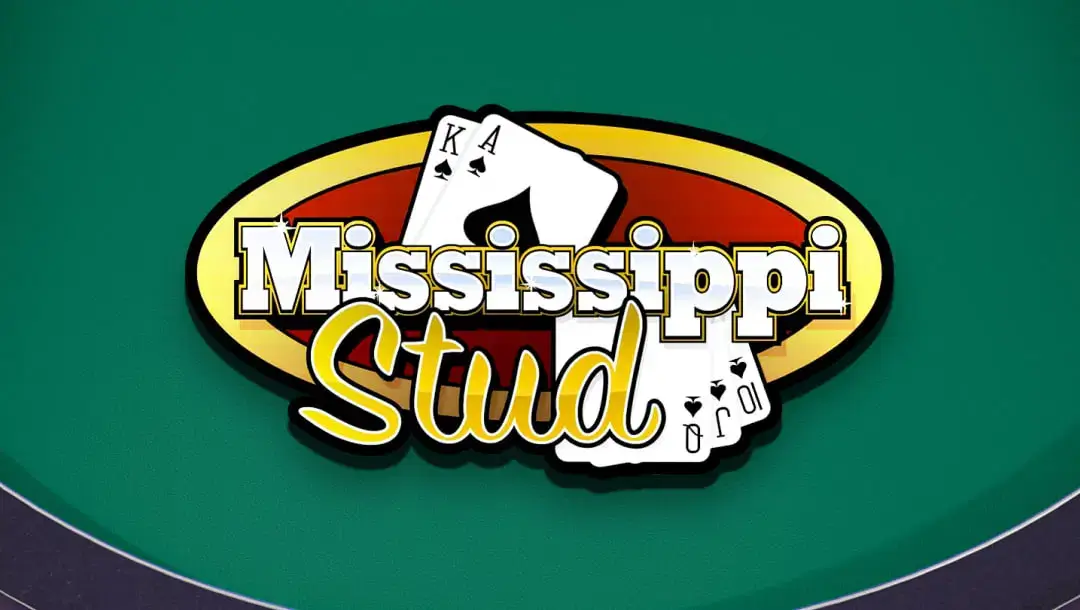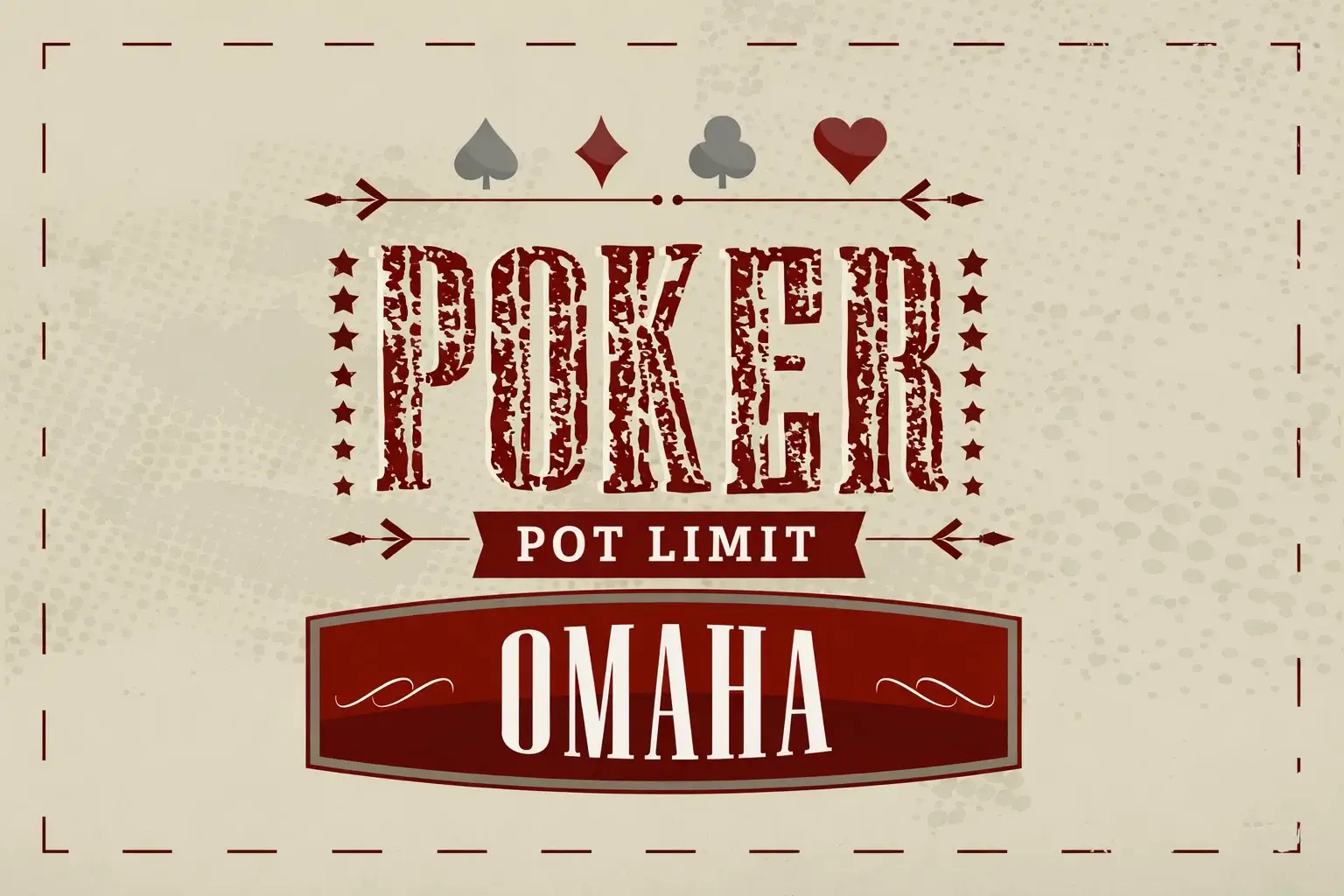The Underrated Games That Offer Unique Thrills and Strategic Depth
Most people who walk into a casino head straight to blackjack, roulette, or poker. They know these games. They’re comfortable with them. But they’re missing something.
There’s an entire universe of casino games that exist in the shadows of the mainstream offerings. Games that are more interesting, more strategic, or more unique than many realize. I’ve spent the last seventeen years as a gaming analyst exploring these lesser-known games, and I’ve come to appreciate their value.
These games aren’t obscure because they’re bad. They’re understated because they’re harder to find, less well-known, and sometimes require understanding mechanics that differ from traditional games. But that’s precisely what makes them compelling.
In this guide, I’m going to introduce you to four fascinating games that deserve more attention: Casino Hold’em, Red Dog, Pai Gow Poker, and Dragon Tiger. By the end, you might discover your new favorite game.
Casino Hold’em: Poker Without the Bluffing
Casino Hold’em is a game that should be more popular than it is. It combines the strategic depth of poker with the simplicity of a casino table game where you compete against the dealer rather than other players.
How It Works
You sit at a table with a dealer. Before any cards are dealt, you place an ante bet. Think of this as your entry fee into the game.
The dealer then deals five community cards face down and two cards face down to you. Everyone waits.
At this point, you have two choices. You can “call” by matching your ante bet with an additional bet (called the “call” bet). Or you can “fold” and lose your ante bet.
Here’s the key decision point: you’re making this choice knowing nothing about your cards or the community cards. Nobody has looked at anything yet.
Once everyone has decided to call or fold, all cards are revealed. The dealer creates the best possible five-card poker hand using the five community cards and their two personal cards. You do the same with the community cards and your two cards.
Best hand wins. The hand is evaluated using standard poker rankings: high card, pair, two pair, three of a kind, straight, flush, full house, four of a kind, straight flush, and royal flush.
The Strategy
Here’s where Casino Hold’em becomes interesting. You’re making the critical decision – to call or fold – before you see any cards. This creates an interesting psychological dynamic.
Obviously, you need some way to make the decision. You can’t just guess randomly.
The strategy involves looking at your two cards and estimating your chances. If you have a strong hand (a pair, high cards), you call. If you have weak cards (7-2 unsuited, for example), you probably fold.
Most expert players use a “call all” strategy with certain hand combinations. For instance, many players call with any pair, any ace-king, any ace-queen, and a few other premium combinations. They fold everything else.
But here’s what’s fascinating: the exact optimal strategy is debatable even among expert players. Different strategies have slightly different house edges. A basic strategy that calls with strong hands yields a house edge around 2.2%. More aggressive strategies yield different edges.
This means there’s room for player skill and decision-making. Your choices matter. That’s more than you can say about purely chance-based games.
The Appeal
Casino Hold’em appeals to poker enthusiasts who don’t want to play against other players. You’re not trying to read opponents or manage a table dynamic. You’re just trying to make better poker hands than the dealer.
It also appeals to people who like the idea of poker strategy but find traditional poker intimidating or too complex. Casino Hold’em strips away the bluffing, the pot odds calculations, and the psychological warfare. You just evaluate your cards and decide.
One player I interviewed told me she loves Casino Hold’em because it feels like poker but less stressful. “I get to use poker knowledge without the social pressure of competing against real people,” she said.
Red Dog: The Simplest Card Game That’s Harder Than It Looks
Red Dog is an old card game that’s experiencing a resurgence in casinos. It’s mechanically simple but strategically interesting.
How It Works
You place an ante bet. The dealer draws two cards face up and places them on the table. Let’s say the dealer draws a three and a jack.
Now you’re betting on this: will the next card the dealer draws be between these two cards in value?
In the example of three and jack, the next card would need to be a four, five, six, seven, eight, nine, or ten to win. Cards outside this range (three, jack, queen, king, or ace – basically, cards at or outside the original two) would lose.
That’s the entire game. Two cards define a range. You predict whether a third card falls within that range.
Simple, right? But here’s where it gets interesting.
Before the third card is revealed, you can place an additional bet called a “raise.” This is where strategy comes in.
If the spread between the two cards is wide (many possible winning outcomes), you might want to raise your bet because the probability is in your favor. If the spread is narrow (few possible winning outcomes), you might want to just play your ante bet.
Let’s say the dealer draws a two and a king. The spread is enormous – nearly the entire deck could win. You might raise because the odds heavily favor you.
Now imagine the dealer draws a five and a six. The spread is one – only sevens win. The odds heavily favor you losing. You don’t raise. You just let your ante ride.
The Strategy
Expert Red Dog players have calculated the optimal raise points. Essentially, you raise when the spread is six or wider. You never raise on smaller spreads.
With optimal play, Red Dog has a house edge around 3.3%, which is reasonable but not great compared to blackjack.
The Appeal
Red Dog appeals to people who want a pure, simple card game that doesn’t require complex calculations or poker knowledge. It’s easy to learn. It’s quick to play. And the decision point (raise or don’t raise) feels meaningful.
One dealer I interviewed told me Red Dog has a loyal following of players who come specifically for Red Dog and nothing else. “It’s their game,” she said. “They know it. They love it. They understand the strategy even if they don’t talk about it.”
Pai Gow Poker: The Eastern Game That Blends Poker with Ancient Tradition
Pai Gow Poker is a fascinating blend of American poker and Chinese tradition. It’s slower-paced than most casino games and appeals to a very specific type of player.
The Basic Concept
Pai Gow Poker uses a 53-card deck (a standard deck plus a joker). You’re dealt seven cards total.
Your job is to split these seven cards into two poker hands: a five-card hand (the “high” hand) and a two-card hand (the “low” hand).
The five-card hand is ranked using standard poker rankings. But the two-card hand? It’s just ranked by highest card. You can’t make pairs or straights or flushes with two cards – you just rank them by their value.
You’re competing against the dealer, who also splits seven cards into two hands. Your five-card hand is compared to the dealer’s five-card hand. Your two-card hand is compared to the dealer’s two-card hand.
To win overall, you must win both the five-card hand AND the two-card hand. If you win one and lose one, it’s a push (a tie). If you lose both, you lose. If the dealer wins both, you lose.
The Strategy
This is where Pai Gow Poker becomes complex. How you arrange your seven cards into two hands matters tremendously.
If you get a strong five-card hand and weak two-card possibilities, you might put a high card in the two-card hand to maximize your chances of winning both. If you get medium-strength cards throughout, you might try to create two equally strong hands.
There’s a basic strategy for Pai Gow Poker, though it’s more art than science. Expert players have developed heuristics: “If you have three pairs, play the highest pair in your two-card hand.” “If you have two pairs, usually play them in your five-card hand.”
The strategy is complex enough that many casinos offer a “house way” – a recommended way to arrange cards according to the casino’s specific strategy.
The Pace and Experience
Pai Gow Poker is intentionally slow. A single hand takes five to ten minutes. You’re arranging cards carefully. You’re thinking about options. You’re taking your time.
This appeals to certain players immensely. One woman I interviewed told me she plays Pai Gow Poker specifically for the pacing. “My life is fast,” she said. “Pai Gow Poker makes me slow down. It’s meditative.”
The House Edge
With optimal play, Pai Gow Poker has a house edge around 2.5%, which is reasonable. But there’s also a commission similar to baccarat’s Banker commission – usually 5% when the player wins. This commission applies on top of the 2.5% edge.
Dragon Tiger: The Asian Game That’s Faster Than Everything
Dragon Tiger is an Asian card game that’s exploding in popularity worldwide. It’s essentially the most stripped-down card comparison game possible, yet it’s captivating millions of players.
The Simplicity
Dragon Tiger is almost offensively simple. One card is dealt to “Dragon.” One card is dealt to “Tiger.” Whichever card is higher wins.
That’s the entire game.
You place bets on Dragon, Tiger, or Tie (if both cards are equal).
The card is dealt and revealed. Higher card wins. Done. The entire game takes maybe ten seconds.
The Appeal
Here’s the fascinating part: despite being simple, Dragon Tiger is incredibly engaging for many players.
Why? Because the simplicity creates purity. There’s no strategy to learn. There’s no confusion. You’re not trying to understand complex rules. You’re just watching two cards reveal. Will Dragon be higher or Tiger? Dragon is higher. Tiger wins. Tension. Resolution. Repeat.
The speed is also appealing. You can play dozens of hands in the time it takes to play one hand of Pai Gow Poker. The action is fast and constant. Some players find this thrilling.
Dragon Tiger has become wildly popular in Asian casinos, particularly in Macau and Singapore. It’s spreading to Western casinos now. Some analysts predict it could eventually rival roulette in popularity because the simplicity is so appealing and the action so fast.
The Odds
With an even money payout on Dragon or Tiger, the house edge is around 1.06%, similar to baccarat. It’s reasonable but not the best odds in the casino. Tie bets pay around 8-to-1 but have a much worse house edge around 14%.
Player Psychology
What interests me most about Dragon Tiger is its psychological appeal. One player I interviewed told me: “I can turn my brain off and just watch. It’s pure entertainment. I’m not trying to make complex decisions. I’m just enjoying the moment.”
Another player said: “It’s like roulette but with cards. I like the visual element of cards instead of a spinning wheel.”
The simplicity combined with speed creates an almost hypnotic experience for some players. That experience is genuinely valuable even if it doesn’t translate to better odds.
Comparing the Four Games: Which Is Right for You?
Each of these games appeals to different player types. Let me break it down.
Choose Casino Hold’em if: You like poker but want to avoid playing against other people. You enjoy strategic decision-making. You want a game with some skill involved. You’re comfortable with poker hand rankings.
Choose Red Dog if: You want something simple to learn. You enjoy making the raise/don’t raise decision. You want fairly quick gameplay. You like trying to read probabilities.
Choose Pai Gow Poker if: You enjoy a meditative, paced gameplay. You want strategic complexity in hand arrangement. You appreciate Asian gaming traditions. You don’t mind longer hands.
Choose Dragon Tiger if: You want pure simplicity. You like fast-paced action. You want to turn your brain off and just watch. You enjoy tension and quick resolution.
House Edge Comparison
Let me provide a quick reference for house edge across these games compared to classics:
Game | House Edge Casino Hold’em | 2.2% Red Dog | 3.3% Pai Gow Poker | 2.5-3.3% (including commission) Dragon Tiger | 1.06% (Dragon/Tiger); 14% (Tie)
For context: Blackjack with basic strategy is 0.5%, Baccarat is 1.06%, Roulette American is 2.7%, Slots vary widely but average 3-10%.
So these games fit in the middle range of house edges. They’re not as good as blackjack or optimal baccarat, but better than poor-strategy blackjack or American roulette.
Finding These Games: Where to Play
The challenge with these lesser-known games is finding them. Not all casinos offer all of them.
Casino Hold’em is becoming increasingly common. You’ll find it in most mid-to-large casinos in America and Europe. It’s also available online.
Red Dog is rarer. Some casinos have it, some don’t. You’re more likely to find it in larger casinos. Online availability is limited but growing.
Pai Gow Poker is fairly common, particularly in Asian casinos and casinos with large Asian player bases. American casinos vary in availability. Online availability is good.
Dragon Tiger is extremely common in Asian casinos and increasingly available in Western casinos. Online availability is growing rapidly, particularly for players outside the US.
If you’re interested in trying these games, check your local casino’s game offerings. If your casino doesn’t have them, they might be available online depending on your location and local regulations.
The Experience Factor: Why These Games Matter
What interests me most about these lesser-known games is that they serve different purposes than the classics.
Blackjack serves the “optimized strategy” purpose. Roulette serves the “pure chance” purpose. Poker serves the “competitive strategy” purpose.
But these four games serve different psychological purposes.
Casino Hold’em serves the “poker thinking without social pressure” purpose. Red Dog serves the “simple decision-making” purpose. Pai Gow Poker serves the “meditative pacing” purpose. Dragon Tiger serves the “pure spectacle” purpose.
I think casinos and the gaming industry would benefit from promoting these games more. Many players would discover new favorites if they knew these games existed and understood what they offered.
One thing I’ve learned over seventeen years: players are more diverse in their preferences than casinos often recognize. Some players genuinely prefer slower games. Some prefer faster games. Some want strategic depth. Some want simplicity. These underrated games serve those diverse preferences better than the classics sometimes do.
My Recommendations: Getting Started
If you’re interested in trying one of these games, here’s my advice:
Start with Dragon Tiger if you want the simplest entry point. You’ll understand the entire game in thirty seconds. No strategy to learn. Just watch cards reveal.
Try Red Dog if you want something simple with a small strategic element. The raise/don’t raise decision is meaningful enough to feel involved but not so complex that it’s confusing.
Explore Casino Hold’em if you like poker but find traditional poker intimidating or stressful. You get poker strategy without the psychological warfare.
Eventually experience Pai Gow Poker once you understand the others. It’s the most complex but also the most rewarding for players who appreciate strategic depth combined with pacing.
Play each game with the expectation of entertainment, not profit. Set a budget. Play long enough to understand the game and enjoy the experience. Then move on or stay if you fall in love.
The Broader Perspective: Casino Gaming’s Diversity
What I want to emphasize is that casino gaming is far more diverse than most people realize.
We talk about the big games – blackjack, roulette, poker. But there are dozens of other games offering different experiences. Some are pure chance. Some involve strategy. Some are fast. Some are slow. Some are strategic. Some are meditative.
The best casinos recognize this diversity and offer a wide variety of games. The smartest players are those who explore beyond their comfort zone and discover new favorites.
I’ve spent seventeen years analyzing casino games. What I’ve learned is that the “best” game isn’t the one with the lowest house edge or the one everyone knows about. It’s the one that aligns with what you actually want from your gaming experience.
For some people, that’s blackjack with its strategic optimization. For others, it’s baccarat’s meditative pacing. For still others, it’s Dragon Tiger’s pure spectacle.
These four games offer experiences that don’t exist in the classics. That’s why they matter.
Conclusion: Beyond the Obvious
Casino gaming doesn’t have to mean blackjack, roulette, or poker. It doesn’t have to mean following the path millions of others have walked.
Casino Hold’em, Red Dog, Pai Gow Poker, and Dragon Tiger offer alternatives. They offer different pacing, different strategy levels, different psychological appeals, and different experiences.
If you’ve been playing the same games for years, I’d genuinely encourage you to try one of these. You might discover something wonderful that you never expected to enjoy.
Or you might confirm that your favorites remain your favorites. Either way, you’ll have expanded your gaming knowledge and potentially found a new source of entertainment.
That’s the real value of exploring beyond the classics.



